Water is the universal solvent. It carries nutrients and hormones to the body, but what would happen if you stopped drinking it? Here’s why dehydration is so dangerous.
Water is the most underrated ingredient for a healthy life. Perhaps more of us would drink enough water if we understood the importance of it. It does way more than keep us hydrated – it’s crucial for every physiological function in our bodies!
It’s recommended that we drink eight glasses of water a day, but many of us fall short of this. (1) However, failing to get enough water can mean more than dehydration; it can lead to a great compromise in our health.
Want naturally radiant skin? We’ve created a FREE guide to give you the best tips & tricks for natural skincare.
Click here to get your FREE copy of our Skincare Guide!
When you think about it, there is a reason we can go weeks – even months – without food, but without water, our bodies can perish in a matter of five to seven days.
Perhaps this is because water (H2O) is the most abundant molecule in the body, making up to 65 percent of the adult human body. It is the base of our bodily fluids; it delivers nutrients and hormones throughout the body, regulates the body temperature, eases joint pain, and provides lubricant to our tissues, organs, and eyes.
What Happens to Our Body When We Don’t Have Enough?

When we don’t drink water, we start to experience very obvious signs of dehydration: dry mouth, dark urine with a strong odor, and dry skin. This is the body’s attempt to conserve fluids and survive, and while these symptoms are not deadly, they are a sign of falling short of our physical potential. Soon after this, we begin to experience low energy and even digestive problems.
If we take things too far, after a full day or two of no fluid at all we’d stop urinating, have trouble swallowing, and even experience muscle spasm and nausea. If you aren’t drinking enough fluid in a given day, you are likely to run into poor digestion and associated brain fog and skin problems due to a stop in blood flow to the digestive tract, brain and skin. The body would be – concentrating on vital organs just to stay alive.
What else happens if we don’t hydrate properly?
Rough, Dry Skin
Dehydration will negatively affect the skin by making it dry and rough. The skin needs water to maintain moisture and supplements. Without sufficient water, dry skin can build up, leading to an increase of dead skin cells on the surface. These can accumulate and block the pores, leading to the development of acne. The skin also contains sebaceous glands that keep it soft and lubricated. If the skin becomes dry, the sebaceous glands may produce excess oil to balance out the dryness. The problem, though, is that this excess oil will combine with the dead skin cells and further clog pores, causing acne. (2)
Irritated Sunburns
Being burned by the sun can dehydrate the body and make pain worse. Dehydration makes the skin even drier, making it feel even more painful. Proper hydration calms the sunburn and restores energy to a fatigued body, allowing adequate water to regulate internal body temperature. (3, 4)
Bags Under Eyes
The area under the eye is very vulnerable to dehydration. Dehydration weakens the soft skin under the eyes, making them more prone to dark circles. When we are dehydrated, we are more likely to retain water, which can show up as puffiness and discoloration under the eye. Drinking plenty of water can greatly improve the color and appearance of the skin under the eyes. (5)
Dry, Red Nose
Redness around the nose is not something to worry about; generally speaking, it can clear on its own with simple fixes. In some cases, it may just be an underlying problem of dehydration. The fragile nasal skin can become dry and crack when we are not properly hydrated. Oftentimes, the face can become flushed, dry and inflamed when the body lacks water, which is usually a result of higher blood pressure associated with dehydration. (6)
Hangovers
Dehydration and hangovers share many common symptoms, such as headaches, nausea and fatigue, which are usually the result of mineral and electrolyte depletion. Because alcohol is already dehydrating, consuming alcohol while dehydrated sets us up for a very bad hangover. So if you’re going to partake, it’s important to stay thoroughly hydrated.
What Happens When We’re Hydrated?
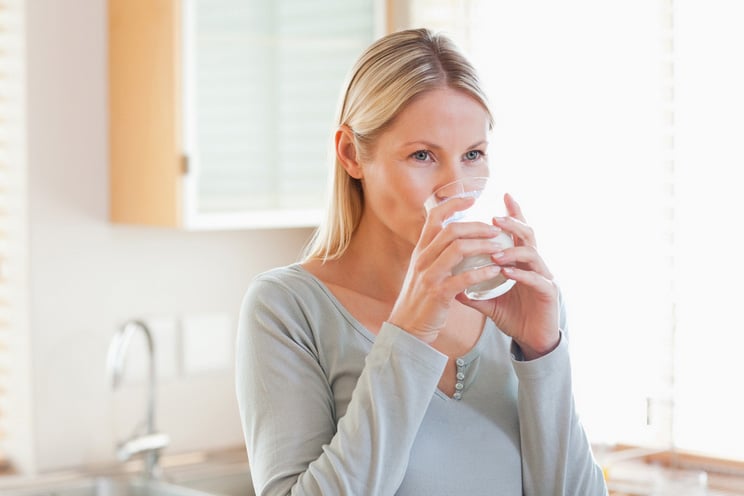
When we give our bodies the adequate hydration it needs, we experience overall good health. Some specific things you may notice are:
- A healthy scalp (7)
- Strong hair and nails (8)
- Boosted metabolism (9)
- Improved skin health (10)
- Increased alertness (11)
What’s the Best Water?
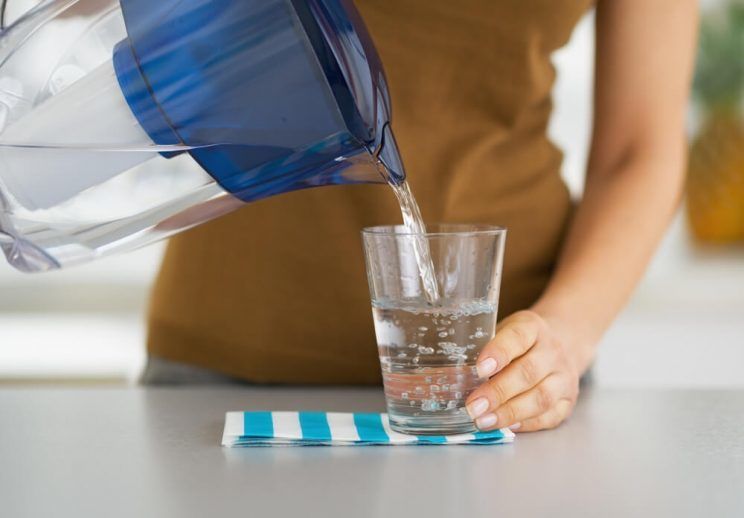
The best route is to either collect from a verified natural spring (kudos if you can do this) or purchase a high-quality water filter or softener. For a high-quality filter, look for reverse osmosis or solid block carbon filters.
How Much to Drink?
The recommended amount is again about eight glasses per day; however, this can vary with weight, age and many other factors. Generally speaking, if you are consuming a 100% whole foods, Paleo diet, you are probably getting a very high water content diet, and this will be helpful! Also, minerals are something to be considered. It’s simply not enough to drink water; the water we drink needs to be balanced with minerals and electrolytes. (13, 14)
In general, if you are consuming a Paleo diet rich in vegetables and drinking the highest quality water, eight glasses a day will suffice.
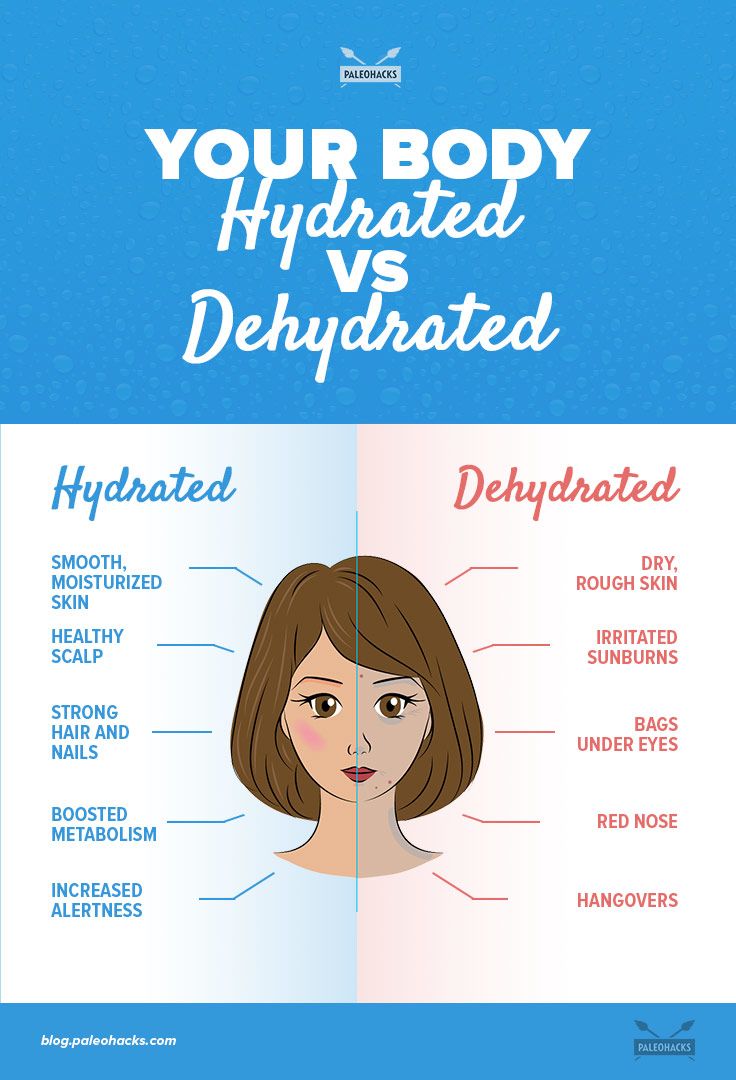


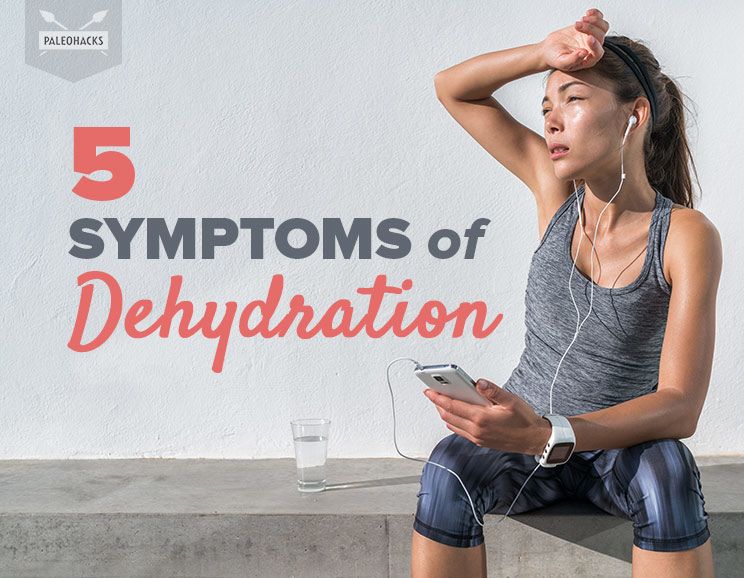
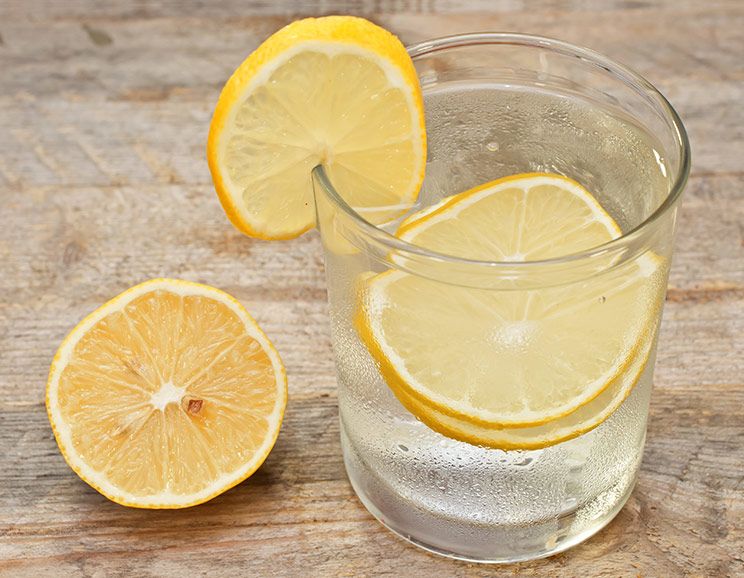 19 Balancing Benefits of This Two-Ingredient Morning Tonic
19 Balancing Benefits of This Two-Ingredient Morning Tonic
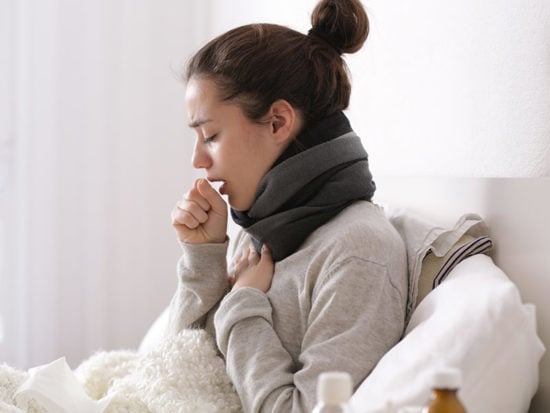
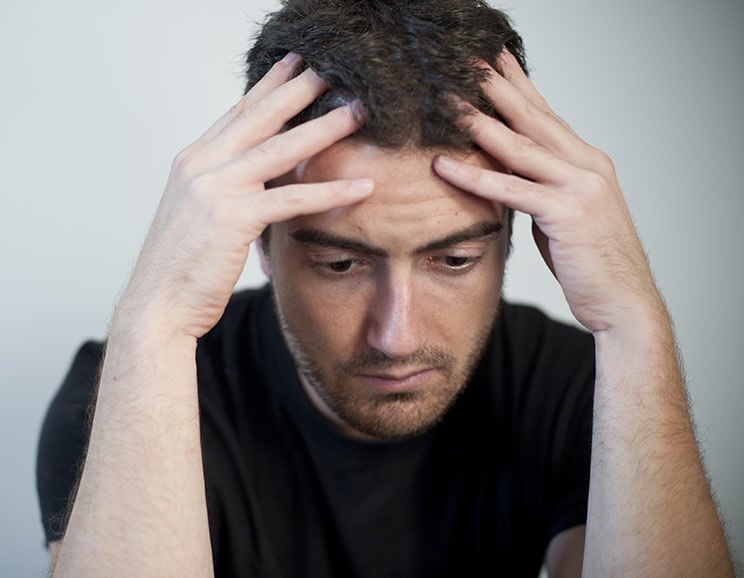
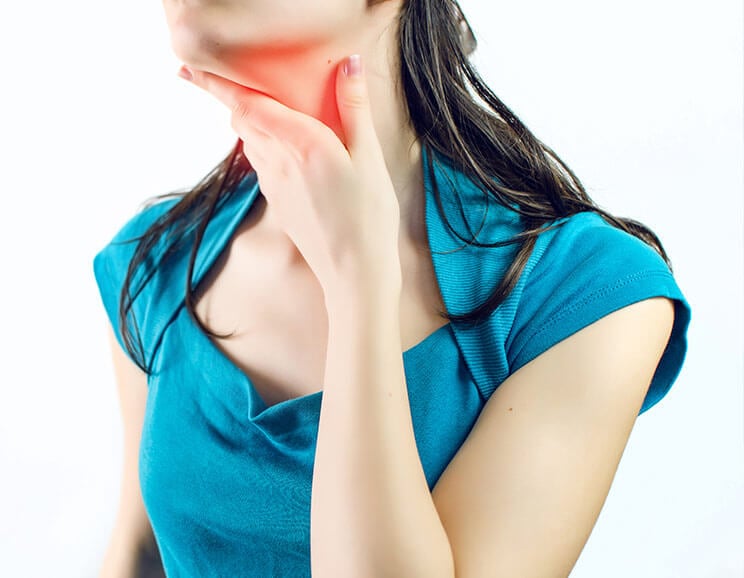
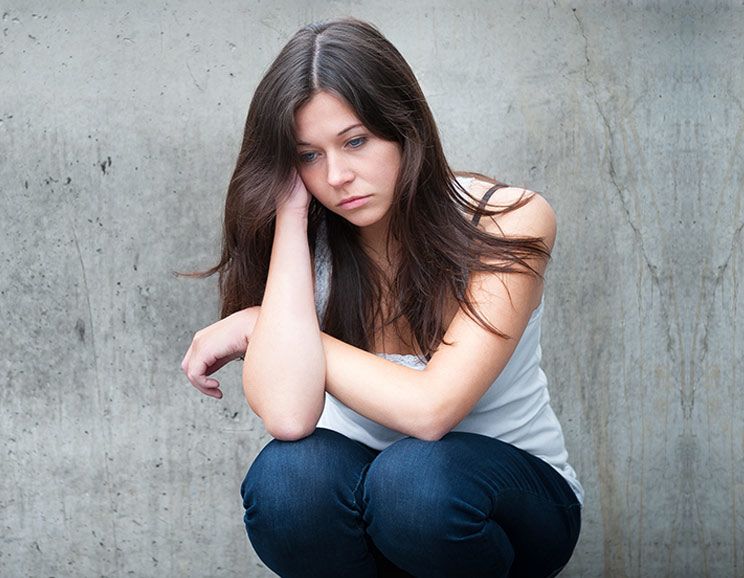
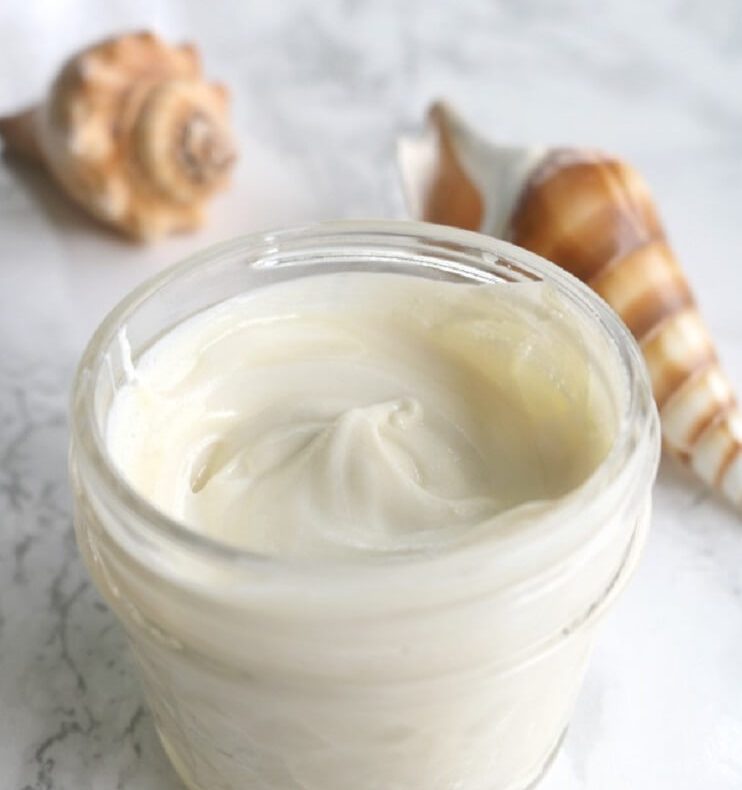
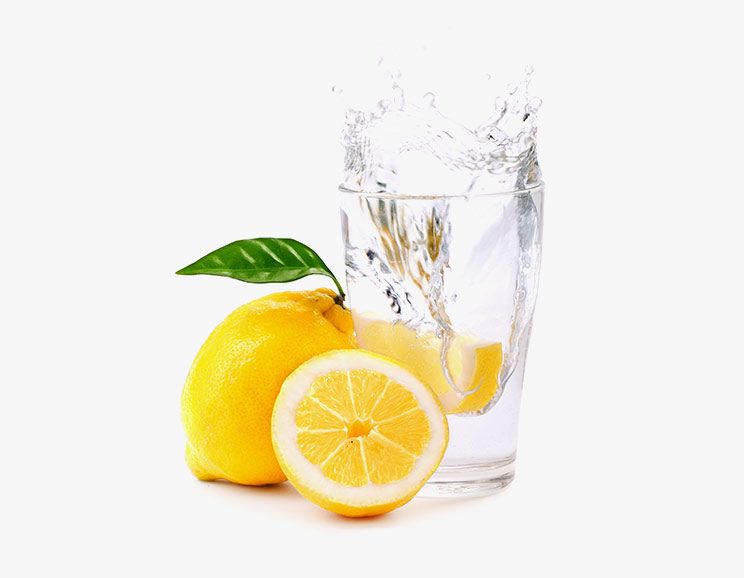
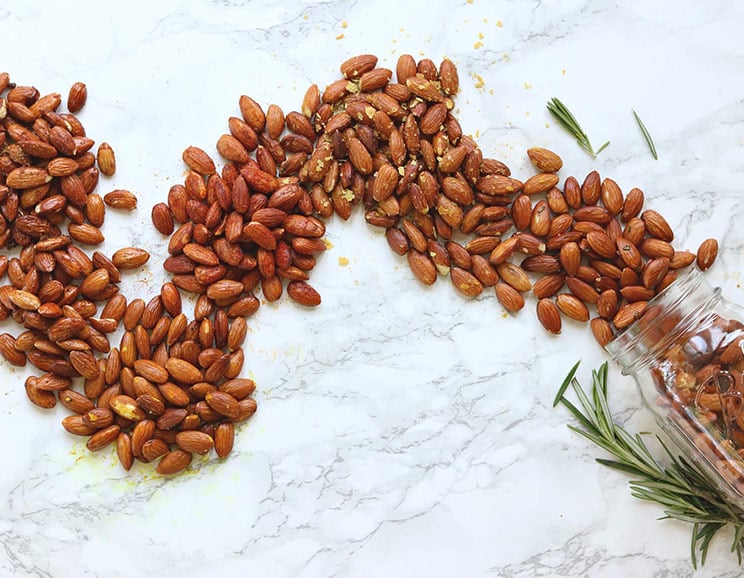
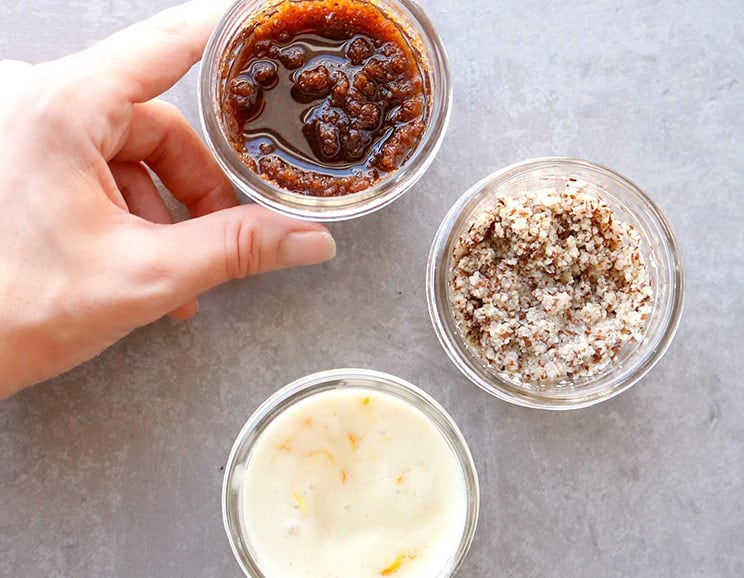
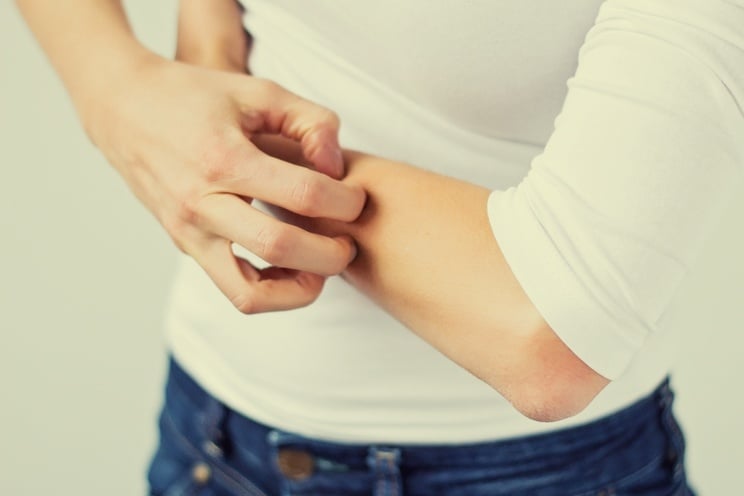
Show Comments